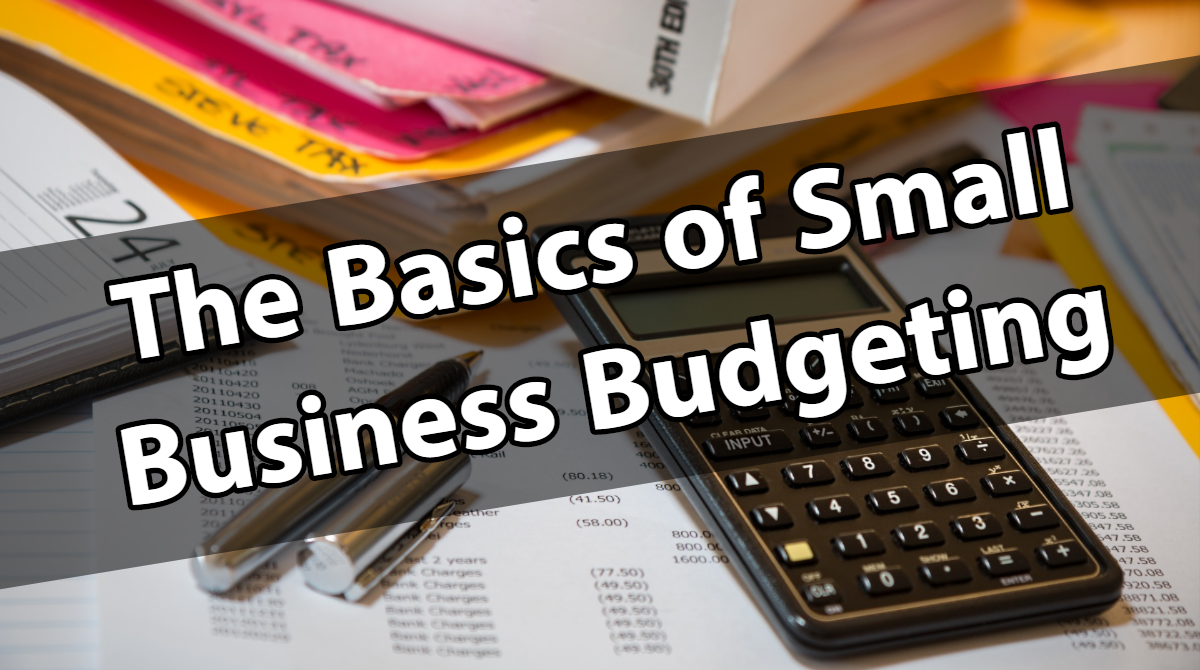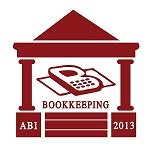The Basics of Small Business Budgeting

Why Budgeting is Important
Setting up a budget for your small business is quite possibly the greatest determining factor in how viable your business will become. A budget lets you clearly identify if your company is making money or losing money before it’s too late. Budgets are a very important tool for business planning. Before you make any decisions on what you can spend on hiring employees, marketing materials, rent or professional services, you need to be informed through an organized budget. A budget will let you compare costs with revenue so you can balance the books for a profitable, long-term operation.
Different Types of Costs
Recurring costs that remain constant are called fixed costs. Fixed costs include rent, utilities and insurance. These are predictable expenses that tend to stay the same over a period of time. Variable costs are the opposite— they change based on circumstances, typically according to the volume of product or services your business provides. If you’re busy, variable costs go up in tandem. If business is slow, variable costs are relatively low. For instance, if you need employees to work overtime to handle a large order, cost of wages will go up because you are paying for overtime or additional staff. Even the most basic budget must account for both fixed and variable costs. Remember to account for one-time costs as well. These are things you purchase once (like office furniture).
Calculating and Predicting Revenue
The second half your budget is your revenue or profit. Gross profit refers to the total money you take in and net profit is the money your business actually makes after paying for costs. It’s not uncommon in the first phases of starting a business for costs to exceed profit. In order for any business to be successful, there must be a plan to ensure that profits exceed cost in a reasonable amount of time (we generally recommend being solvent within two years of startup).
Taking out a small business loan can help you get through the initial phase until your business reaches this turning point. The key is making a detailed plan so you can project how and when it will happen. After you create a framework for your business budget, be sure to consider variables and how different scenarios could play out. Having a fluid budget outline that can be adjusted as time goes on will be important as your business grows and changes over time.
Contact our Bookkeeping Specialists
If you’re in over your head, get help from a professional accountant. Someone who knows the world of business numbers will ensure you aren’t missing anything important, and save you from major headaches down the road. Here at Alron Bookkeeping, Inc., a subsidiary of Alron Enterprises, Inc., we simplify accounting for you, so that you can focus on what matters most: growing your small business. Let our bookkeeping specialists handle your accounts and put your mind at ease. Contact us at 321-951-7626 or by emailing alronbookkeeping@aol.com. We look forward to working with you!
